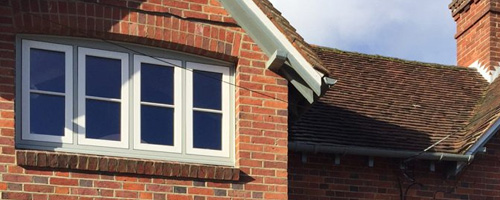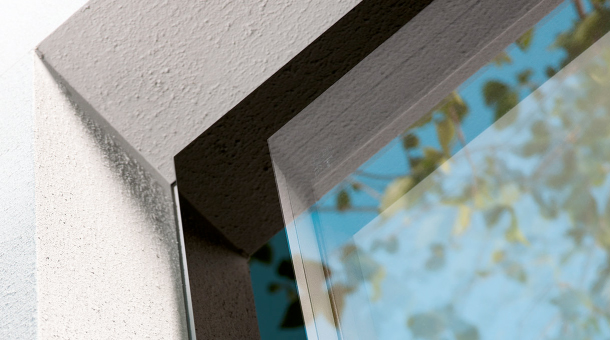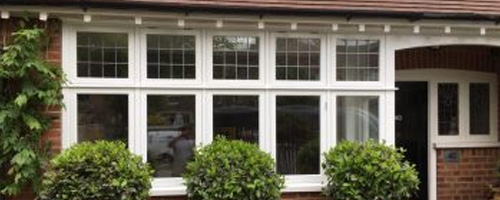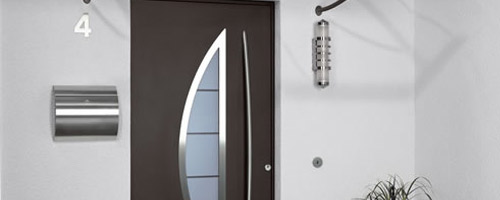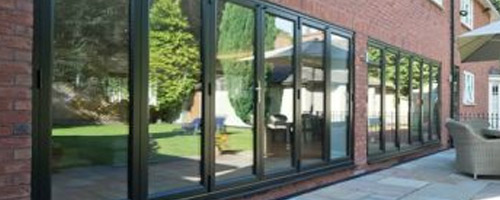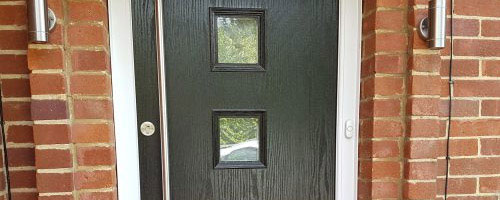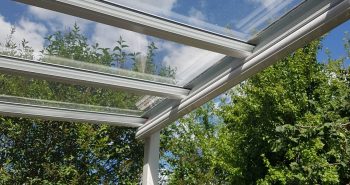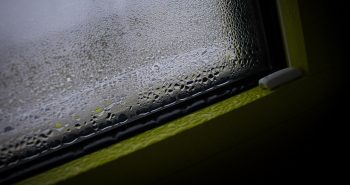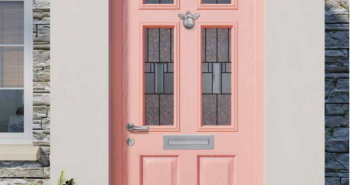What are the Best Ways to Paint uPVC Windows?
uPVC stands for unplasticised polyvinyl chloride: a solid form of PVC used primarily for making pipes and window frames. Thanks to their durability and resilience, uPVC windows and doors are a popular choice among UK homeowners. Despite their popularity, however, there is still a lot of misinformation that exists surrounding if and how they can be…
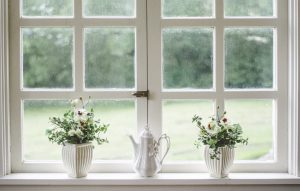
uPVC stands for unplasticised polyvinyl chloride: a solid form of PVC used primarily for making pipes and window frames.
Thanks to their durability and resilience, uPVC windows and doors are a popular choice among UK homeowners.
Despite their popularity, however, there is still a lot of misinformation that exists surrounding if and how they can be painted.
As old uPVC can give off a worn and tired look, it’s no wonder that many homeowners want to spruce up their windows with a lick of paint: it’s a great way to extend the life of your window frames.
So, here at Osborn Glass, we’re going to dispel some of the most common myths surrounding uPVC windows and help you to ensure your windows are looking fresh all-year-round.
Can uPVC be painted?
It sure can!
However, it’s vital to bear a few things in mind when it comes to painting uPVC:
The newer the uPVC, the harder it is for the paint to bind to it.
As a result of how uPVC is manufactured, it’s more difficult for paint to bind to newer uPVC. So, you should only be trying to paint uPVC that’s had a longer life (which is likely to be the case anyway, as it is this uPVC that often looks the most in need of a revamp).
Ensure you choose the correct type of paint.
You must choose a paint type that will adequately bond to the uPVC. This is due to the thermal movement that occurs between the windowpane and the wall, so the paint you choose should offer a good amount of UV protection. There are lots of colours to choose from too, with some of the most popular being white, grey, dark green, dark blue and black. You’ll be spoilt for choice!
Always prepare the uPVC before painting.
Before painting your windows or doors, ensure the surface of the uPVC is dry and clean. The surface needs to be sanded so that the paint leaves a smooth finish, and it also needs to be degreased with methylated spirit and left to dry. After these steps have been completed, you may need to apply a primer before starting the first coat of paint (this depends on which paint you choose so always check the manufacturer’s instructions beforehand).
How should the paint be applied?
Using a brush also has its advantages. It can be better for painting intricate areas, such as on a front door, and is simple to touch up. However, do be careful not to overcoat, as this might leave visible brush marks which may spoil the look of the paint.
For any more information about how uPVC windows can be styled, or about the range of window services we offer, please get in touch with us today!
Recommended Articles
What To Consider When Buying A Front Door
2 years ago852 viewsWhy are U-Values important for your window selection?
6 years ago1313 viewsWhat are the Benefits of Having a Veranda? | Osborn Glass
6 years ago1791 viewsHow To Prepare Your Windows For Winter
8 months ago1393 viewsTop front door styles for your home
2 years ago878 viewsOsborn Glass & The Millwood Group Become Trade Partners
7 years ago1503 views

